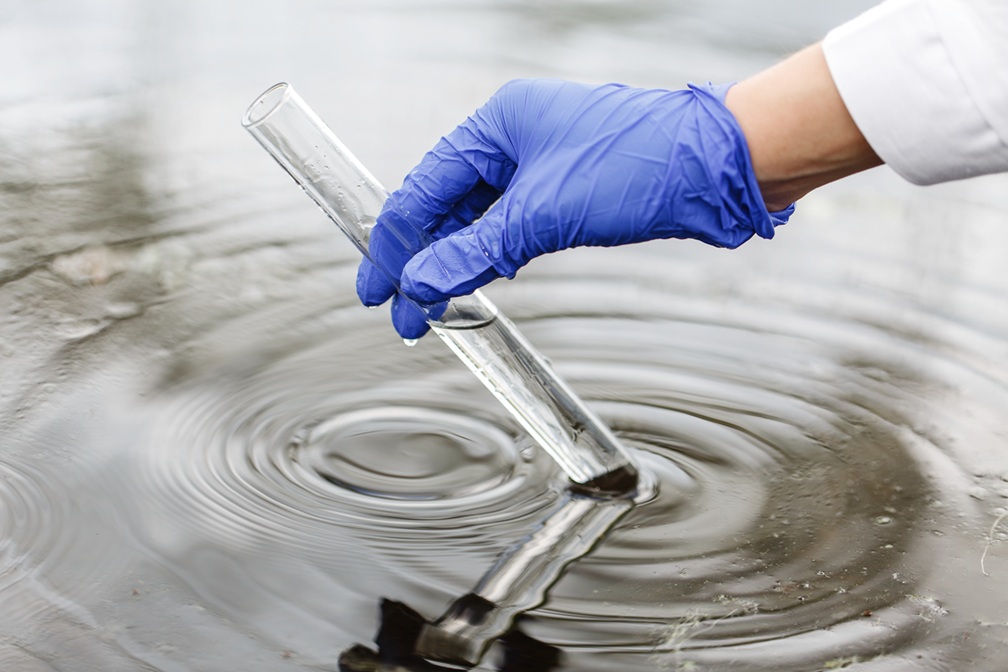Water might seem like the one thing you can count on—turn on the tap, and there it is. But beneath that clean, clear appearance could lurk contaminants that affect not just taste and odor, but your health and property as well. Many homeowners and business owners never think twice about what’s flowing through their pipes, assuming public utilities or private wells are keeping things squeaky clean. That assumption could lead to bigger issues down the road.
Regular drinking water testing plays a crucial role in identifying risks early on, maintaining health standards, and ensuring regulatory compliance. So, whether you own a cozy home or manage a sprawling commercial space, you might want to look twice before filling that next glass.
Hidden Risks You Don’t See Coming
Let’s face it—most people don’t think about contaminants until something smells off or tastes a little too metallic. But by the time you notice those red flags, the damage could already be underway. Lead, nitrates, bacteria, and other unseen guests can be part of your daily consumption without ever making a formal introduction. Regular testing helps catch these intruders before they make themselves at home. It’s not about being paranoid; it’s about being smart. For properties using well water, where no municipal system is overseeing things, this is even more crucial. And yes, even homes connected to city supplies aren’t entirely off the hook—aging pipes and localized issues can turn reliable sources into questionable ones.
Why Businesses Shouldn’t Cut Corners?
When you’re running a business, you’re juggling a million things—budgets, staff, deadlines—and water often falls to the bottom of the priority list. But imagine running a restaurant, salon, or daycare where water isn’t just essential; it’s part of the service. A single contamination issue could mean health violations, lost customers, or worse—legal trouble. Businesses have reputations to uphold, and nothing sinks that faster than a health scare. So, ask yourself: is skipping regular water quality assessments worth the gamble? It’s not just about compliance—it’s about trust, brand integrity, and long-term savings.
The Science Behind the Safety
Think of water quality monitoring as an ongoing detective case. It keeps tabs on chemical composition, microbial presence, and even physical traits like clarity and pH levels. The goal isn’t just to pass a one-time test—it’s to maintain consistent safety over time. This requires ongoing vigilance, especially in areas prone to agricultural runoff, industrial discharge, or plumbing deterioration. Without this kind of insight, you’re navigating in the dark. Monitoring helps identify patterns and emerging risks before they turn into full-blown issues. And yes, it’s a bit nerdy—but nerdy is exactly what you want when your health’s on the line.
Drinking Water and Real Estate Value
Here’s something most people overlook—clean water isn’t just a health asset, it’s a property value booster. Whether buying, selling, or maintaining a building, documented water safety gives you a leg up. No one wants to inherit plumbing problems or deal with remediation nightmares. A well-maintained record of drinking water testing shows due diligence and positions your property as a responsible, safe investment. For homeowners, this is a great bargaining chip. For business owners, it’s a way to appeal to health-conscious clientele and secure future success.
Regulatory Pressure Is No Joke
Let’s be real—government inspections can pop up faster than you can say “compliance paperwork.” Whether it’s OSHA, EPA, or state health departments, the rules are tightening, especially for facilities that serve or house vulnerable populations. Regular water quality monitoring isn’t just about playing defense—it’s a proactive move that keeps your business ahead of the curve. Fines and shutdowns are costly. Being prepared is cheaper, smarter, and way less stressful. Staying on top of regulations also shows your clients and employees that you take responsibility seriously. And that kind of accountability? It’s golden.
Trusting the Right Team
Not all testing is created equal, and doing it right takes more than a DIY kit from a hardware store. You want a crew with the know-how, the tools, and the experience to sniff out issues you didn’t even know existed. Integrity Environmental Services Inc. has been in the game since 2001, offering smart, efficient solutions tailored for both public and private properties across Northern Illinois, Southern Wisconsin, Northwest Indiana, and the Chicagoland area. They don’t just run the tests—they break down what the results mean, guide you on what to do next, and ensure every step meets the highest safety standards. You’re not just getting data—you’re getting peace of mind.
Saving Money by Spending Smart
Here’s the kicker—regular testing might actually save you money in the long haul. Think about the cost of waterborne illnesses, corroded pipes, filtration system failures, and reputation damage. Compared to all that, scheduled inspections are a small price to pay. Early detection avoids expensive fixes, legal fees, and operational shutdowns. Whether it’s a home where your family lives or a business that hundreds of people depend on, it’s a smart financial move disguised as a health precaution. The question isn’t “Can you afford to test?” It’s “Can you afford not to?”
It’s Not Just About the Now
People often assume water safety is a one-and-done deal. Run a test, get the all-clear, and move on, right? Not exactly. Environmental factors change, plumbing systems age, and new pollutants enter the equation all the time. What’s safe today might not be safe six months down the line. That’s why ongoing drinking water testing is more than a checkbox—it’s a commitment to long-term well-being. This forward-thinking mindset keeps both personal and professional spaces ahead of potential hazards. You’re investing not just in safety, but in sustainability.
Final Thoughts:
Waiting for a problem to surface is like ignoring a leak and hoping the bucket doesn’t overflow. Testing your water isn’t just a safety measure—it’s a responsibility. Whether you’re a homeowner trying to keep your family safe or a business owner safeguarding your brand, the time to get proactive is now.
Regular water quality monitoring offers clarity—literally and figuratively. It takes the guesswork out of something that shouldn’t be a mystery. So go ahead, pour that next glass with confidence—just make sure you’ve done the work to keep it clean.









